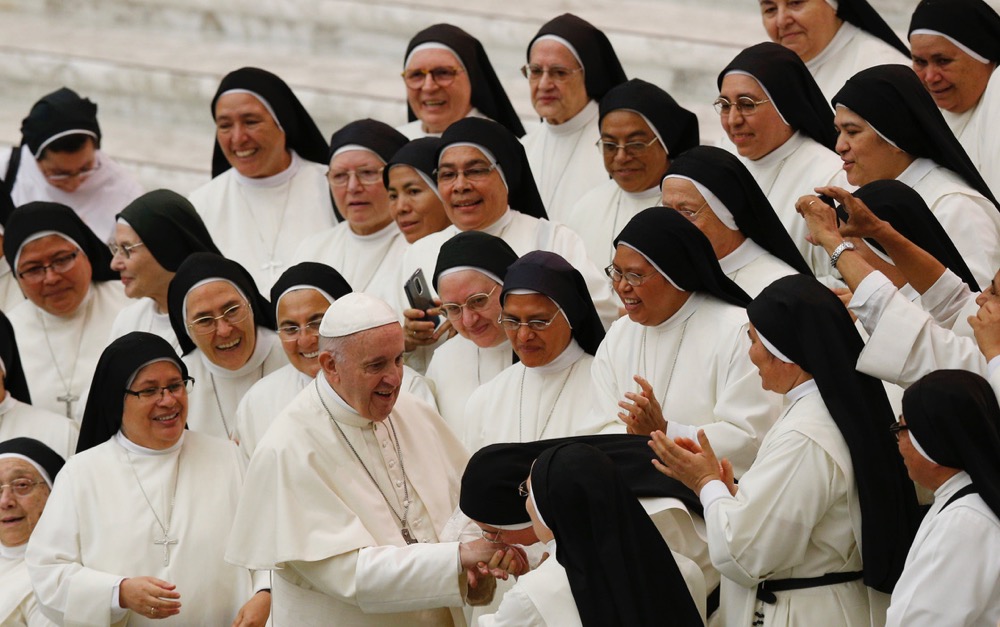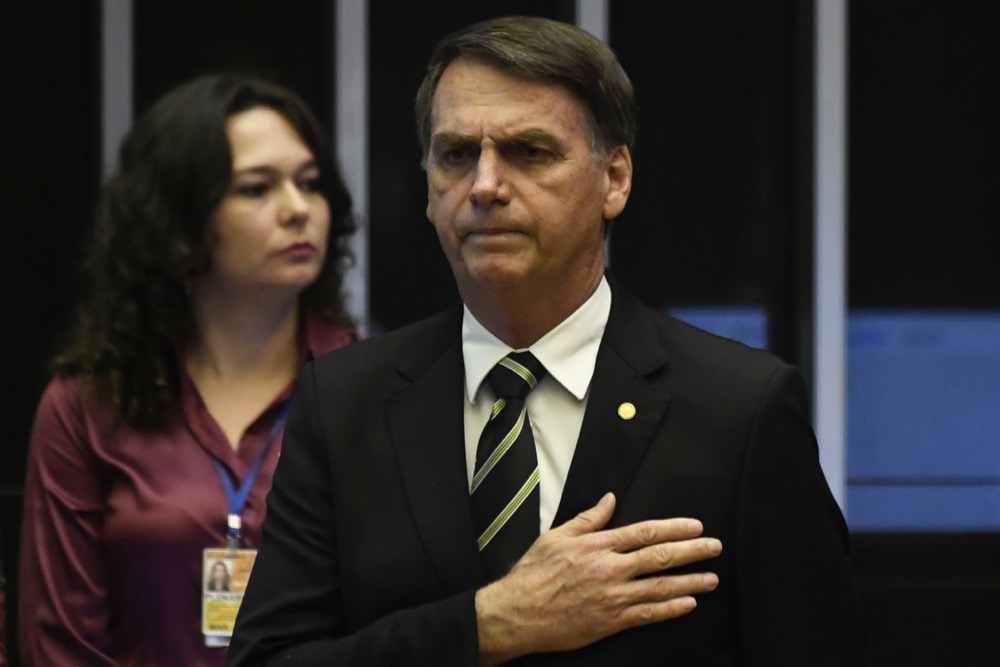Ministerial appointments by the Brazilian president-elect, Jair Bolsonaro, reflect the range of conservative and Christian evangelical ideologies in his support base.
The economy will be in the hands of a team of “Chicago boys”, disciples of free-market theorist Milton Friedman, led by Paulo Guedes, a “super-minister” who will head a ministry combining what are currently separate ministries, Finance, Planning, Industry and Foreign Trade. Guedes, who taught economics in Chile during the Pinochet dictatorship, is expected to focus on reducing the public deficit and privatising Brazil’s extensive range of public enterprises.
A different form of conservative ideology is represented by Bolsonaro’s foreign minister designate, Ernesto Araújo, who has argued that Donald Trump is the saviour of Western Christian civilisation from internationalism, and that Brazil should return to its Western roots in defining its foreign policy. Araújo, a prolific blogger, has also inveighed against what he claims is the left’s “criminalisation” of: “the family, private property, sex and reproduction, belief in God, red meat, oil or any cheap and efficient source of energy”.
A similar line is taken by the future education minister, Ricardo Vélez Rodríguez, who has complained that the current educational system seeks to “demolish society’s traditional values as regards the preservation of life, the family, religion, citizenship, in short patriotism”. Vélez has said that the most coherent Brazilian model of education was that designed by the military dictatorship of 1964-1985, which he has praised.
As minister of health, Bolsonaro has appointed the paediatrician and landowner Luiz Henrique Mandetta. One of the main problems Mandetta will face is the departure of the 8,000 Cuban doctors working in Brazil under an agreement between the Cuban government and President Dilma Rousseff. Havana has cancelled the programme after Bolsonaro criticised the qualifications of the Cuban doctors and the fact that part of their salary went to the Cuban government. The departure of the Cubans will leave many remote rural communities without a doctor, as Brazilian doctors have been reluctant to work in such areas.
The future minister of agriculture will be the landowner and politician Tereza Cristina, who was suggested by the ranchers’ bloc in Congress. Cristina put forward the so-called “poison law”, which relaxed controls on pesticides. Both she and Mandetta are members of the congressional “Bible, beef and bullet brigade”, the conservative bloc formed by Pentecostal politicians known for its resistance to environmental measures and land reform.



 Loading ...
Loading ...